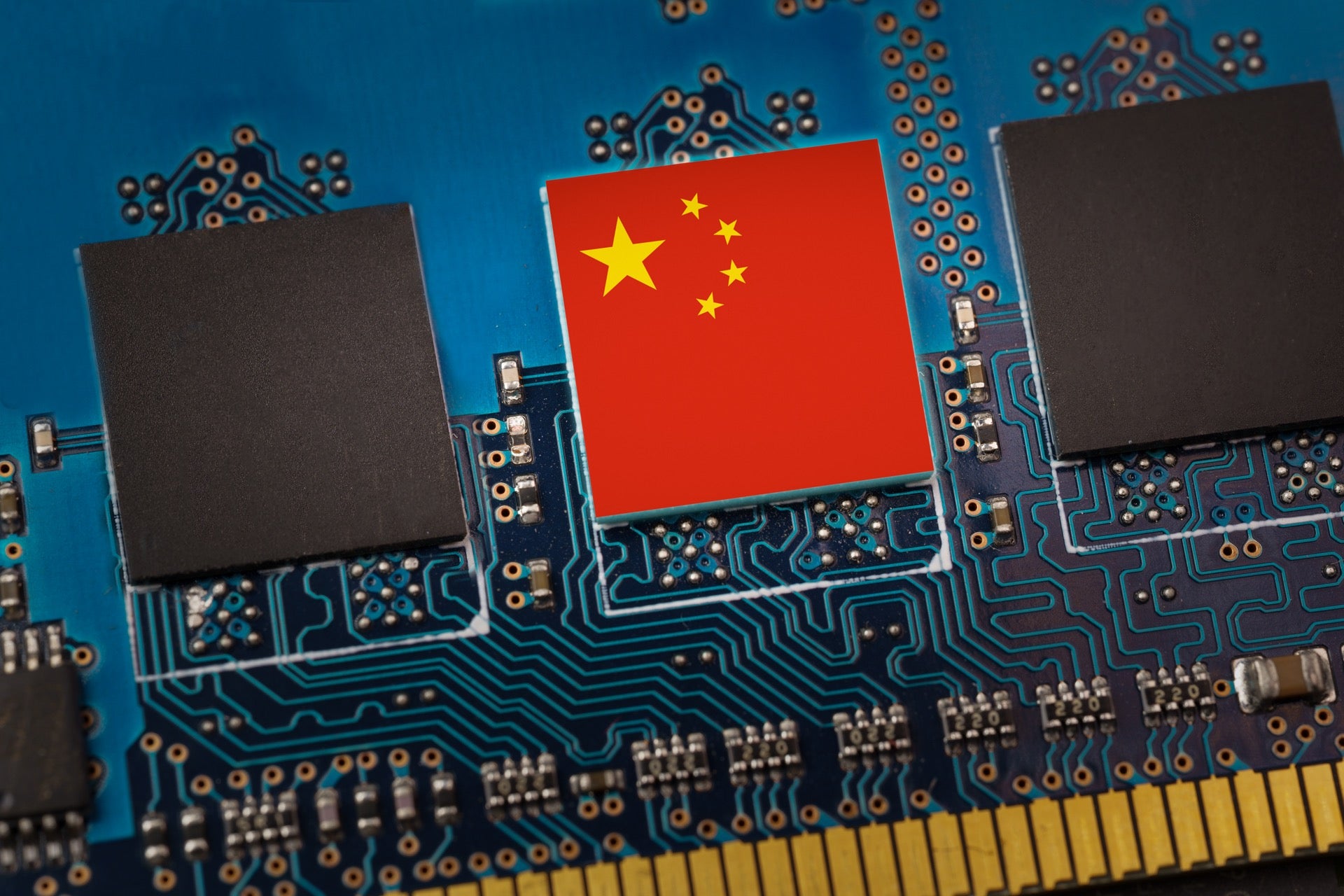
The ongoing trade war between the USA and China continues, with the US last week adding a further seven Chinese organisations active in the field of supercomputing to its trade blacklist.
“Supercomputing capabilities are vital for the development of many – perhaps almost all – modern weapons and national security systems, such as nuclear weapons and hypersonic weapons,” said US Secretary of Commerce Gina Raimondo, announcing the additions to the “Entity List” under 744.11 of the US Export Administration Regulations.

Access deeper industry intelligence
Experience unmatched clarity with a single platform that combines unique data, AI, and human expertise.
“The Department of Commerce will use the full extent of its authorities to prevent China from leveraging US technologies to support these destabilizing military modernization efforts.”
The effect of being added to the Entity List is that the listed organisations will no longer be allowed to import or use advanced US technology. Added to the list as of last week are four of China’s seven national supercomputer centres: the Guangzhou, Changsha and Tianjin centres remain unlisted for now. Alongside the four supercomputing centres, Tianjin Phytium Information Technology, Shanghai High-Performance Integrated Circuit Design Center and Sunway Microelectronics are all added.
Perhaps the most prominent of the blacklisted organisations is the Wuxi supercomputing centre, home to the Sunway TaihuLight supercomputer – the most powerful publicly-known computer in China and fourth most powerful in the world according to the Top500 rankings. It was the most powerful in the world when it was built in 2016, but it has since been surpassed by two US machines and Japan’s Supercomputer Fugaku, currently the world’s most powerful. Sunway TaihuLight was the first to be built using only Chinese-made processing hardware, produced by Sunway Microelectronics.
Tianjin Phytium makes high-performance computer chips for many well-known firms in China and elsewhere, including networking giants Huawei and ZTE, surveillance equipment maker Hikvision and search engine Baidu. The chipmaker uses designs licenced from British firm ARM, some of which are not subject to US export regulations.

US Tariffs are shifting - will you react or anticipate?
Don’t let policy changes catch you off guard. Stay proactive with real-time data and expert analysis.
By GlobalDataFor its part the Shanghai High-Performance Integrated Circuit Design Center was instrumental in the design of the SW26010 chips used in the Sunway TaihuLight.
The US had previously blacklisted other Chinese organisations active in supercomputing. In June 2019 it placed supercomputer maker Sugon, the Wuxi Jiangnan Institute of Computing Technology, fabless chip designer Higon, Chengdu Haiguang Integrated Circuit and Chengdu Haiguang Microelectronics Technology on the Entity List.
As Raimondo noted, supercomputers are essential to the production and maintenance of nuclear weapons. Now that most nuclear-armed nations no longer carry out test explosions, they are dependent on very complex simulations to maintain their weapon stockpiles in an operational yet safe condition. Only the most powerful computers can do such work, and all national nuclear weapons programmes have supercomputers at their disposal.
There has also been much interest in recent times in hypersonic missiles, ones able to travel through the atmosphere at sustained speeds faster than Mach 5. The design of such weapons would also be expected to require large amounts of computing power. They are sometimes expected to provide a major military advantage to whichever nation achieves them first, though it should be noted that existing ballistic missiles which complete much of their flight outside the atmosphere can actually travel faster.







